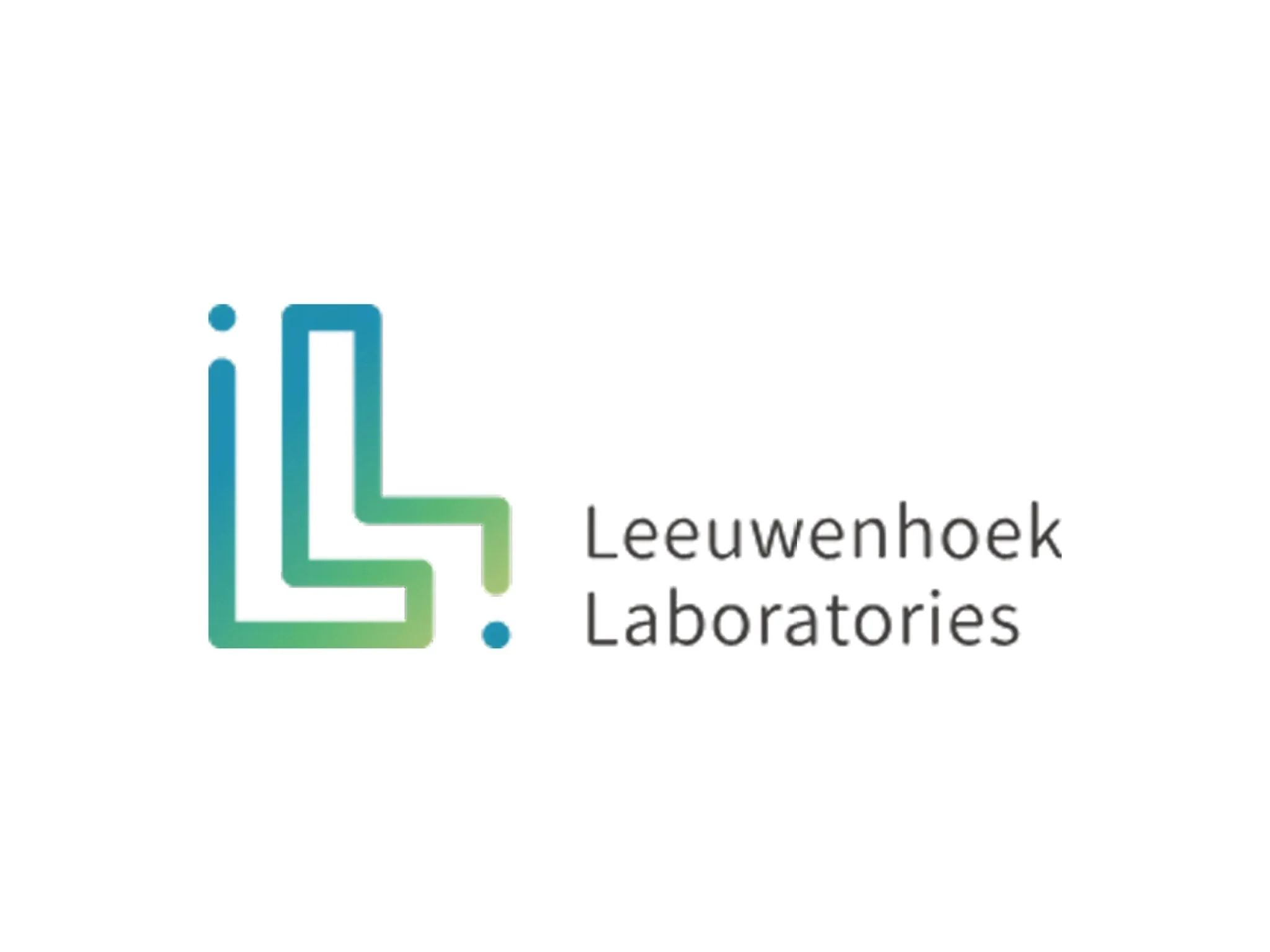
LINE Today special report: 2024 Medical Technology Expo: From microbial health to precision medicine, the president of National Taiwan University reveals that "intestinal bacteria" are related to systemic diseases
The 8th "Taiwan Medical Technology Show" was held at Hall 1 of the Nangang Exhibition Center from the 5th to the 8th. This year, it focused on the top ten medical technology trends, attracting domestic and foreign professional medical professionals and distribution buyers. In addition to precision medicine, the combination of AI and long-term care, the exhibition also mentioned new future application trends such as exosomes.
Leeuwenhoek Precision Health held a health lecture on "New Trends in Preventive Medicine, Precision Healthy Gut is Here" on the 6th, and specially invited experts such as Wu Mingxian, President of National Taiwan University Hospital, Xu Chengzhi, CEO of Leeuwenhoek, Ye Tianxin, Ph.D. from Harvard University, and Chen Rouan, Ph.D. from Leeuwenhoek, to share new trends in preventive medicine and conduct in-depth discussions on the latest research results in intestinal health, metabolic science, and preventive medicine, providing a new perspective for modern health management and future medical development.
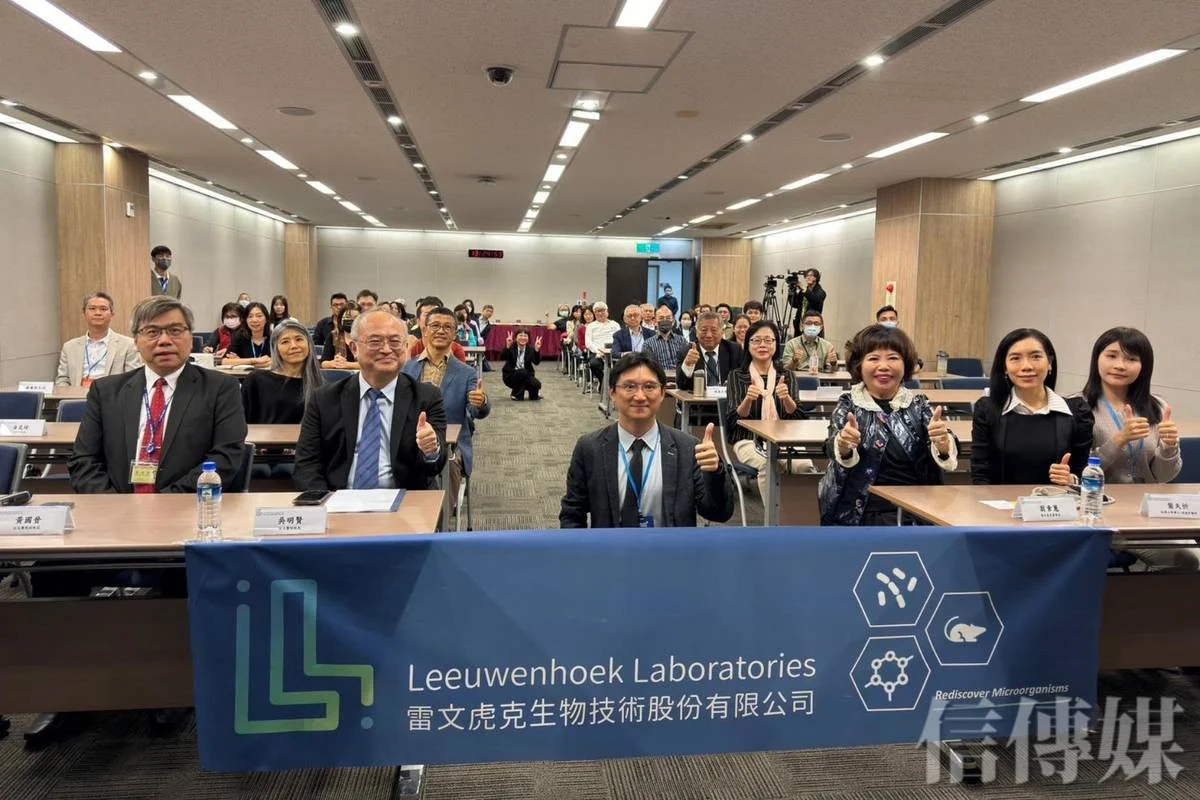
NTU Dean reveals: Intestinal bacteria are closely related to human health
Wu Mingxian, a gastroenterologist, first emphasized that microorganisms are inseparable from the human body. They not only exist in the intestines, but are also distributed in the skin and respiratory tract. There are as many as 100 trillion microorganisms in the intestines, which is 10 times the number of human cells. Their influence exceeds that of innate genes and becomes the "acquired microbiome" that dominates health. "What you eat every day and whether your immunity is good or not are actually related to these bacteria. Humans are basically composed of innate genes and acquired microbes."
Wu Mingxian pointed out that stress and unbalanced diet are the main causes of disease, which will eventually destroy the balance of intestinal flora. The establishment of intestinal flora begins at birth. The mode of delivery, breastfeeding and eating habits have a profound impact on the flora. Children born naturally and breastfed have richer intestinal flora and lower health risks. "Three years old is a critical period. Using antibiotics before the age of three may lead to obesity and other problems in the future."
Wu Mingxian emphasized,Gut bacteria have been linked to a variety of diseases, such as cardiovascular disease and neurodegenerative diseases. Studies have found that among people who eat red meat, about 30% of them have intestinal bacteria that metabolize carnitine to produce trimethylamine oxide (TMAO), which increases the risk of cardiovascular disease, kidney disease and stroke. By analyzing the bacterial flora, it is possible to predict which people are suitable for consuming red meat, and this can even be determined through quantitative testing alone.
In addition, research on Parkinson's disease shows that patients often suffer from stubborn constipation 10 years before the onset of neurological symptoms due to early damage to the intestinal nervous system. Therefore, "brain disease treatment with intestinal medicine" has its research basis. The cause of fatty liver may also be related to the imbalance of intestinal bacteria. Adjusting the flora can promote the recovery of liver function.Wu Mingxian emphasized that modern medicine not only focuses on gene sequencing, but also begins to conduct in-depth research on the metabolism and function of bacterial flora. Whether it is good bacteria or bad bacteria, their mechanism of action needs to be verified through experiments. In the future, personalized precision medicine related to intestinal bacteria will also play a greater role in the prevention and treatment of chronic diseases and health management.
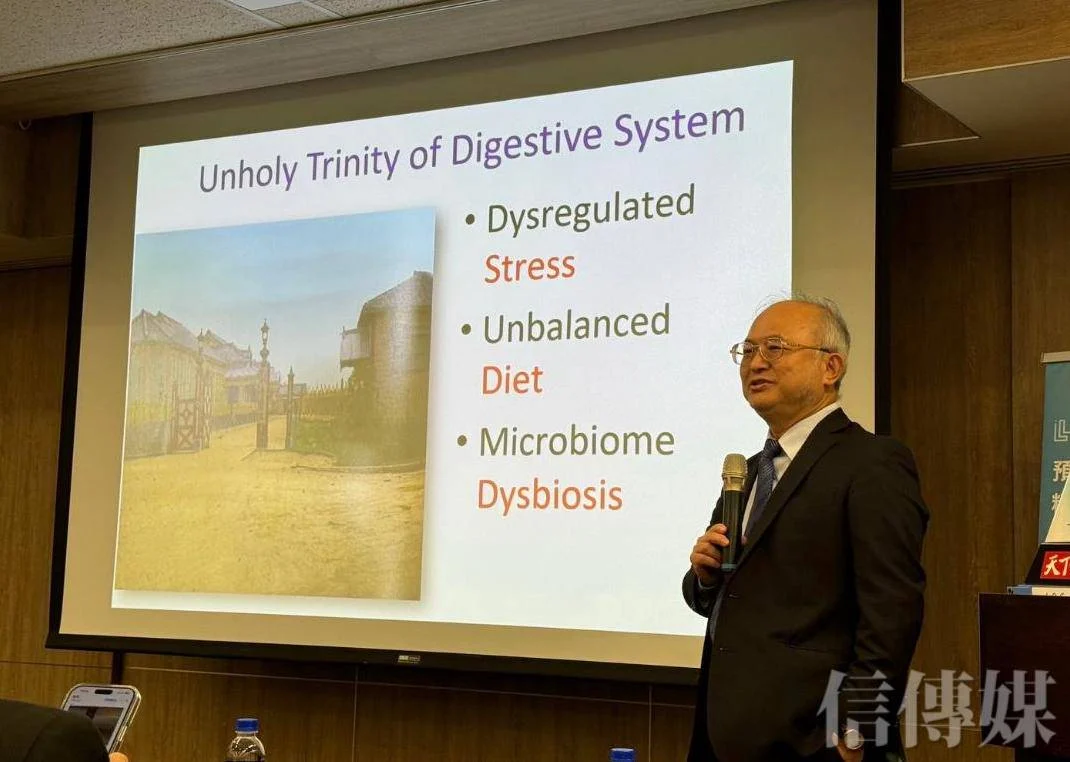
Interpreting human metabolic signals through precise testing
"The intestine can be said to be the second brain of humans. Intestinal bacteria affect human health through the metabolites they produce. Therefore, if the intestine is healthy, the person is healthy!" Xu Chengzhi focused on the latest breakthroughs in metabolomics, explaining how to interpret human metabolic signals through precise testing to identify key factors that affect life span and health.
He also mentioned that through mass spectrometry analysis, the metabolites of intestinal bacteria can be deciphered more accurately, and corresponding strategies for specific application in life can be proposed. For example, for many athletes, excessive supplementation of red meat or protein increases the risk of cardiovascular disease. Therefore, the importance of intestinal health deserves more attention from the Chinese people.
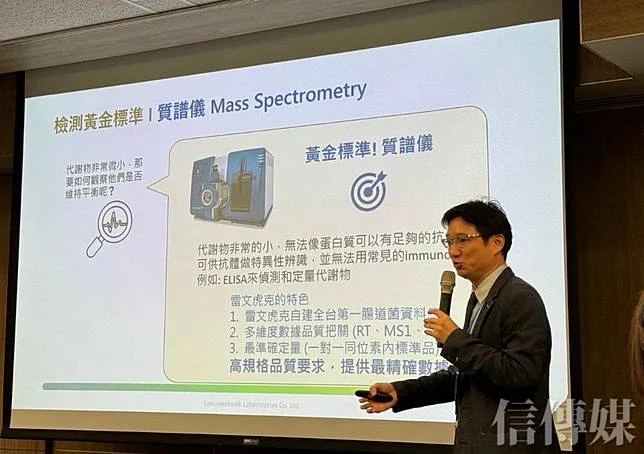
Ye Tianxin shared his experience on "The Frontier of Preventive Medicine: Preventing Dementia Starts with Nutrition and Exercise". According to his clinical research, supplementing with adequate protein and polyphenol foods can significantly improve the condition of SCD (Subjective Cognitive Decline), so eating right and eating healthily is very important.
In addition, Taiwan will officially enter a super-aged society in 2025, and the public's attention to the prevention and treatment of dementia will also increase rapidly.Ye Tianxin, a rehabilitation physician, also encourages everyone to "exercise more" to prevent cognitive decline. The younger you start exercising, the better the effect. It is better to start exercising at any time than to not exercise at all, because exercise can also improve intestinal flora, and good intestinal flora can also positively improve athletic performance. Combining a personalized nutrition plan with an appropriate exercise plan can significantly reduce the risk of dementia and provide a new protection mechanism for brain health.
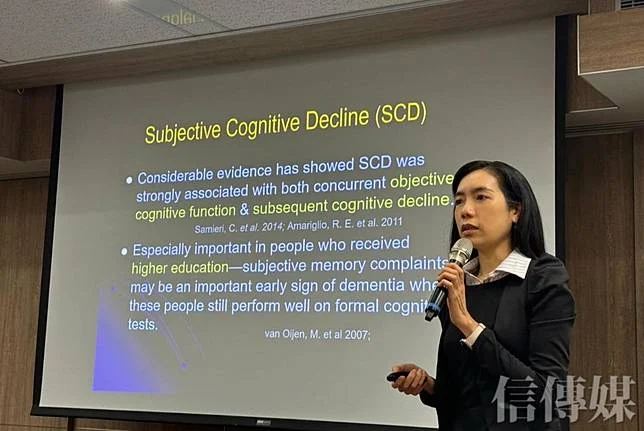
Full report: https://today.line.me/tw/v2/article/NvLjPZ8



